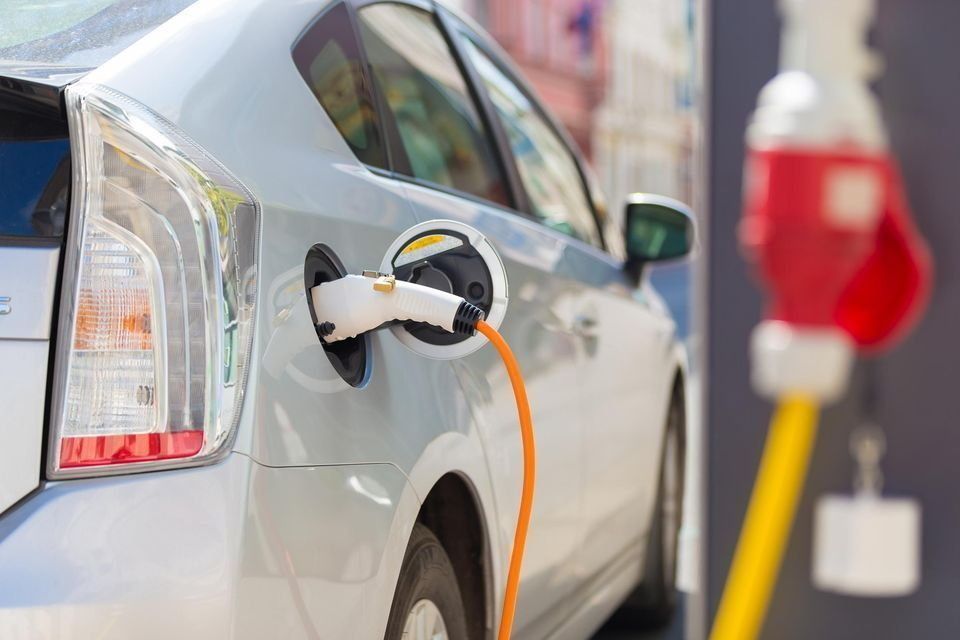Most people want to go green but they are put off by the cost
Study finds cost rather than fuel emissions more important in determining what kind of car people buy
Consumers want to “go green” but they are often dissuaded by the cost and practicalities of moving to a more environmentally friendly lifestyle, according to new research.
A survey by the banks has revealed that most consumers indicated that they want to make more sustainable finance and purchasing choices.
Almost one in three of those surveyed said they planned to buy an electric vehicle in the next year.
However, the most important factor influencing their decision is the cost rather than fuel emissions, the survey commissioned by the Banking & Payments Federation found.
When asked about the factors that would influence their decision when buying a car, only 32pc of respondents said fuel emissions would influence their decision to buy. In contrast, 81pc of respondents said price was the most important factor for them. This was followed by reliability and insurance costs.
The survey was conducted by Coyne Research among 1,000 adults.
It was published ahead of the Banking & Payments Federation’s inaugural sustainable finance conference in Dublin today, which was opened by Environment and Climate Minister Eamon Ryan.
The survey looked at the role that sustainability plays for consumers making decisions on savings, investments and car purchases, as well as the importance of energy efficiency when deciding on buying a home.
A majority of those surveyed agreed it was important that their savings and investments did not fund economic activities that have a negative impact on the planet.
Most of the respondents said they would be more likely to invest in a product if they knew it was sustainable.
A higher proportion of younger adults agreed that they would invest in a sustainable financial product – at 70pc compared with older adults at 50pc.
More Dublin residents also agreed they would invest in a sustainable financial product compared with those living in Connacht.
When it came to buying a home and the importance of a good Building Energy Rating (BER) when choosing a property, over half of adults said it was very important. But this dropped to 40pc of younger people and 37pc of those currently living with friends and family.
Louise O’Mahony, head of sustainable banking at the Federation, said: “Sustainability is becoming increasingly important for consumers when it comes to thinking about where they are saving, investing and spending their money.”
Read more
But she said it was clear from the survey that factors such as cost and other practicalities could dominate the decision-making process.
“For example, we can see that age is a factor when it comes to investment, with older people aged 55 or older less committed to sustainable investment compared to young people,” she said.
Ms O’Mahony added that fewer than a third of those planning to buy a car in the next year would be influenced by fuel emissions compared to four out of five people being influenced by price.
“While some 53pc of adults said that a good BER rating was very important when deciding on a property to buy, only 40pc of younger people rated a good BER as very important, suggesting they would prioritise other factors in deciding to buy a home,” she said.
Join the Irish Independent WhatsApp channel
Stay up to date with all the latest news















